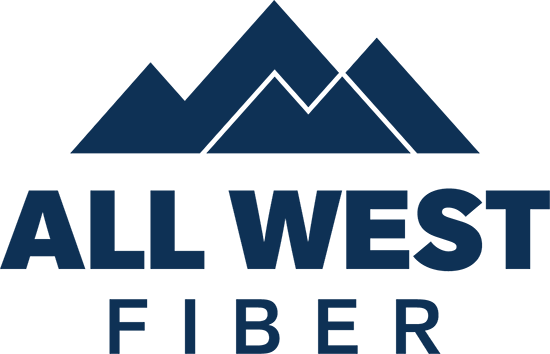Staying connected and competitive requires the most robust and reliable technology solutions available. Among these, business fiber optic internet stands out as a game-changer. With its unparalleled speed, reliability, and scalability, it provides businesses with a significant edge, enabling streamlined operations and enhanced productivity. This article delves into the benefits of business fiber optic internet, addressing frequently asked questions and highlighting why it's a pivotal investment for future-ready companies.
Understanding the Basics of Business Fiber Optic Internet
Fiber optic internet utilizes fiber-optic cables to transmit data as light signals, achieving exceptionally high speeds and bandwidth capabilities. Unlike traditional copper cables, fiber optics offer a more stable connection and are less susceptible to interference, making them ideal for a business environment. With business fiber optic internet, organizations can sustain multiple high-demand applications simultaneously, from cloud computing to video conferencing and beyond.

Key Benefits of Business Fiber Optic Internet
- Unmatched Speed & Bandwidth: Business fiber optic internet can offer symmetrical upload and download speeds, often reaching up to 1 Gbps or more, ideal for data-intensive tasks and large-scale operations.
- Reliability & Connection Quality: Optical fibers are less prone to environmental factors, thus ensuring consistent performance with reduced downtime, which is critical for maintaining efficiency.
- Scalability: As businesses expand, so does their need for greater bandwidth. Fiber optic internet easily accommodates increased loads without significant infrastructure changes, supporting long-term growth.
- Enhanced Security: Fiber optic cables are inherently more secure, less prone to tapping, and offer a higher level of cybersecurity, safeguarding sensitive business information.
Why Your Business Needs Fiber Optic Internet
In the digital age, speed and reliability are not just conveniences—they are necessities. Fiber optic internet opens new possibilities for business operations, allowing companies to unlock real-time communication, seamless collaboration, and data-driven decision-making. As businesses embrace digital transformation, those equipped with robust fiber-optic connections will be well-positioned to lead the charge in innovation and operational excellence.
Success Stories and Real-World Applications
Numerous businesses, from startups to enterprises, have witnessed remarkable improvements after switching to fiber optic internet. Enhanced customer experiences, better operational efficiency, and a proven return on investment underscore its value. For example, companies relying on cloud services or e-commerce platforms have reported decreased latency issues and significant productivity boosts, driving better overall performance.
Frequently Asked Questions: Addressing Common Concerns
Is fiber optic internet cost-effective for small businesses?
While the initial setup might seem higher compared to traditional options, the long-term gains in efficiency, productivity, and lowered maintenance costs make it a wise investment for businesses of all sizes.
How quickly can a business transition to fiber optic internet?
The transition period varies, depending on location and specific business needs. However, many providers offer comprehensive support to streamline the migration process smoothly.
What improvements can businesses expect post-implementation?
Businesses often report faster data processing, improved communication with clients, seamless video conferencing, and the capability to handle large data transfers efficiently.
FAQ: Business Fiber Optic Internet
What are the benefits of business fiber optic internet compared to regular internet connections?
Business fiber optic internet offers several advantages over traditional internet connections such as DSL or cable. Here are the key benefits:
- Speed and Bandwidth: Fiber optic internet provides significantly higher speeds, often reaching up to 1 Gigabit per second (Gbps) or more, compared to typical DSL or cable speeds. This ensures faster downloads, uploads, and data transfer rates, supporting high-demand applications and services.
- Reliability and Stability: Fiber optic is less susceptible to environmental interference such as electrical and weather disturbances, leading to a more stable and reliable connection. This is critical for businesses that require consistent and dependable internet access.
- Scalability: As your business grows, fiber optic internet offers easy scalability in terms of bandwidth capabilities. You can increase your internet speeds without the need for major infrastructure changes.
- Low Latency: With fiber optic internet, you experience minimal latency, which is essential for real-time applications like VoIP calls, video conferencing, and gaming that require instant data exchange.
- Future-Proofing: Fiber optic technology is more advanced and better suited for future innovations in digital communication and internet services. Investing in fiber now can ensure your business stays ahead in technology adoption.

How can fiber optic internet unleash the full potential of my business?
Adopting fiber optic internet can significantly boost your business’s capabilities in the following ways:
- Enhanced Communication: With high-speed connectivity, businesses can facilitate better communication channels, allowing seamless video conferencing and VoIP calls, thus improving collaboration among employees and with clients.
- Cloud Computing and Data Storage: Fiber optic internet provides the necessary speed and reliability to effectively use cloud-based services, enabling secure and rapid access to data and applications hosted remotely.
- Improved Customer Experience: Faster internet speeds contribute to delivering a smoother and more responsive user experience, particularly for businesses offering online services or e-commerce platforms.
- Increased Productivity: Reduce downtime and minimize disruptions to operations caused by slow or unreliable internet connections, leading to improved productivity across various business processes.
- Remote Work Enablement: With robust fiber optic internet, businesses can better support remote work scenarios, providing employees with the necessary bandwidth and reliability to perform their tasks efficiently from anywhere.
Is the transition to business fiber optic internet a complex process?
Transitioning to fiber optic internet can be straightforward, but the complexity can vary depending on several factors:
- Infrastructure: In areas where fiber optic infrastructure is already in place, the transition can be relatively quick and easy. However, in locations where new lines need to be installed, this can take more time and coordination with service providers.
- Service Provider Coordination: Working with an experienced internet service provider who understands your business needs can greatly simplify the installation and activation process.
- Current Setup: Assess your existing network setup. If compatible, the switch often involves minimal downtime as the physical lines and networking equipment are upgraded.
- Training and Support: Employees may require training to make the best use of the upgraded systems. Ensure that you have access to technical support during and after the transition.
In many cases, businesses find that the long-term benefits far outweigh the initial setup complexity.
What should I consider when switching my business to fiber optic internet?
When planning to switch to fiber optic internet, consider the following factors:
- Evaluate Business Needs: Analyze your current and future internet requirements. Consider how many users you have, what applications you run, and how much bandwidth you'll need.
- Costs: Compare the installation and monthly costs of fiber optic service with your current internet expenses. Consider the return on investment from enhanced capabilities and efficiency.
- Provider Options: Research available providers in your area. Look for quality service, reliability, customer support, and competitive pricing. Check for any customer reviews or testimonials.
- Contract Terms: Read and understand the terms of service, including any contract length, early termination fees, and service guarantees.
- Compatibility: Ensure that your existing equipment is compatible with fiber optic service; otherwise, you may need to budget for new routers, switches, or other network components.
- Future Growth: Consider potential business growth and how your chosen internet plan can accommodate it. Ensure the service is scalable to avoid frequent upgrades in short durations.
Switching to fiber optic internet is a strategic decision that can empower your business with superior connectivity, fostering productivity, innovation, and growth.
Conclusion: The Indispensable Role of Business Fiber Optic Internet
In summary, business fiber optic internet is more than an upgrade—it's a foundation for success in the digital era. Its superior speed, reliability, and scalability make it an indispensable asset for achieving operational excellence and sustainable growth.
For businesses intent on realizing their full potential, investing in fiber optic internet is a strategic move that pays dividends in both performance and innovation. Whether you're aiming to improve your current connectivity or planning for future expansion, the advantages and opportunities presented by business fiber optic internet are undeniable and transformative.






